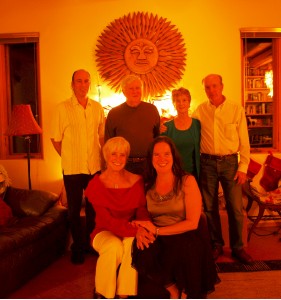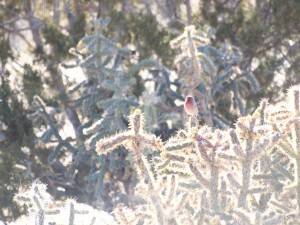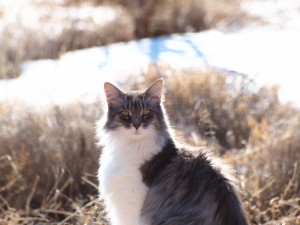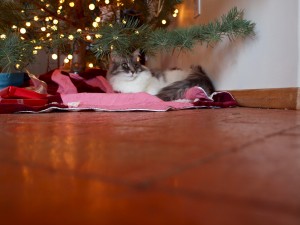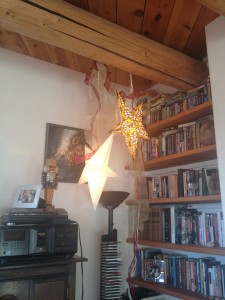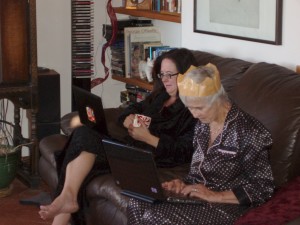 My family jokes that David and I spend a lot of time at Christmas offering “tech support.” We help everyone set up their new devices and work on their lists of things that haven’t been working right. They like to say that every question brings them one step closer to us booting them out the door, but we don’t mind. It’s good to be helpful.
My family jokes that David and I spend a lot of time at Christmas offering “tech support.” We help everyone set up their new devices and work on their lists of things that haven’t been working right. They like to say that every question brings them one step closer to us booting them out the door, but we don’t mind. It’s good to be helpful.
And, at least we can filter out the easy stuff from what needs to be advanced to the experts.
Back when I was in graduate school, lo these many moons ago, one of my professors had a sign on his office door that read something like “Experts don’t really know more than anyone else. They’re just better prepared and have slides.”
I tried to Google this for a source, but had little luck. The quip has been scrambled about many times. And, of course, this version is obviously quite dates. Slides?? Do you all remember making slides for presentations – where you’d photograph pages, develop the film (special slide film), cut the square you wanted from long strips and glue them into the little slide frames? It took DAYS to prepare for a presentation. And then you had to cart those slide carousels around… Now we fiddle with our Power Point presentations up until the last minute and simply plug in the laptop. Technology is such a wonderful thing.
ANYWAY.
My point is, I’ve always remembered this sign. And the wisdom of it.
This particular professor was very good at giving advice in a very new field at the time, of environmental toxicology. There wasn’t a lot of data yet. Most environmental toxicology works through chronic exposure. It’s difficult to draw a line from a few childhood years spent paddling beneath the paper mill to the cancer death 40 years later. In another hundred years, we might have some really good data. But I digress, yet again. What this professor could do was bring a wealth of experience in science and explain concepts in a way that people understood and could get excited about.
He also had a team of grad students to make really good slides.
So, though he had the critical thinking and clarity of self to recognize that as an “expert” he wasn’t really all that special, that very perspective made him really good at knowing what he didn’t know and gave him the drive to fill those gaps.
The flip side of this is the people who consider themselves experts without this wealth of experience.
I see this a lot in social media. Writers with no publication credits, or paltry ones, offering writing advice. Writers who get hired as editors with digital publishing houses who then start offering editing tips. People starting up digital publishing houses from their living rooms and weighing in on the state of publishing.
In a way, the interwebs are the great leveler. Quality of content is all. So, arguably, good advice is good advice and will win out. However, a lot of stuff out there floats to the top and it’s not exactly cream.
It’s a disease, really. Expertitis. Born of our longing to be vindicated, to be legitimate in a business that rarely offers these rewards. How do you quantify a successful writer, editor, agent or publisher? The recognition of our peers is a fickle thing. Money follows the trends, not necessarily the quality. In many ways, I suppose we have to crown ourselves, because no one else will.
But that takes some clarity and critical thinking.
It’s really not about the slides.
